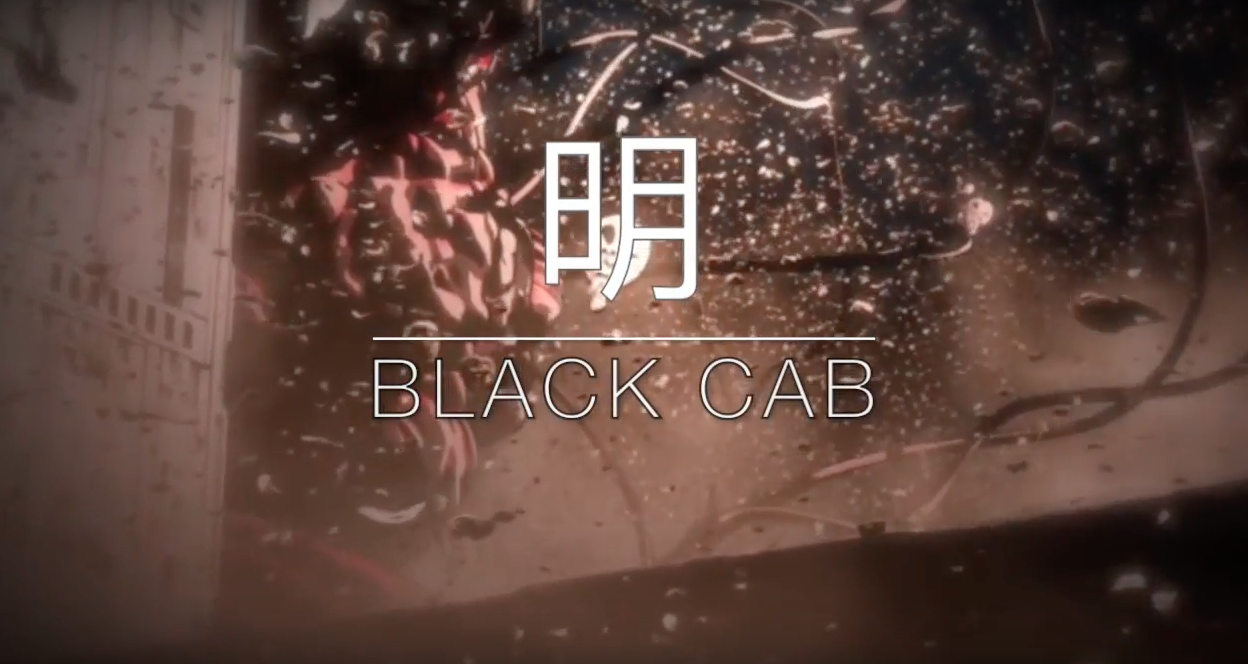Album Review: Black Cab ‘明 (Akira)’

Retrofuturism is well and truly in vogue. Hollywood remakes of beloved ’80s and ’90s cyberpunk classics are falling unflinchingly in the laps of an audience looking for a reminder of what science fiction used to be. Tales like Blade Runner (1982) and Ghost In The Shell (1995) captivated audiences because of their glum take on futuristic worlds where machine and man are indistinguishable. In 2017, these stories are appreciated for a new reason; these futures no longer feel very ‘fictional’—in fact they come across as premonitory. What was once exciting, distant, and thrilling in the 80s and 90s now acts as a warning: this is where we’re headed.
Understandably, Melbourne’s Black Cab have tapped into this retro-futuristic aesthetic on their latest release, a concept album called ‘明 (Akira)’; a reference to the 1988 classic Japanese animated film of the same name. The group describe the album as an, “alternative soundtrack to an anime sci-fi classic that is yet to be released,” and largely this is achieved by the group.
However, the question that sits on tongue of the listener when hearing’明 (Akira)’ is: why? Certainly, the group are successful in what they’ve set out to achieve; they’ve crafted a collection of entirely synth based songs that would not feel out of place in the original 1988 version of Akira. They replicate the hum of Kaneda’s futuristic red motorcycle with nerdy precision and capture the high-stakes anxiety and overbearing doom the original film manages to impart. But ultimately the project comes across as an ego-trip; an exercise in mimicry and reflection that has no real soul or meaning behind it. Sure, it sounds like a dark 80s dystopic anime soundtrack, but what was the real point behind any of it? Not to mention the unfortunate heaping of exoticism that naturally stands out when taiko drums are employed by three white guys as an aesthetic tool.
When I first saw the group announce’明 (Akira)’ I was genuinely excited; I reviewed their excellent concept work on ‘Games of the XXI Olympiad’ when that was released in 2014 and was hoping for a similarly inspired release from the Melbourne trio. What listeners instead received was a technically and sonically accurate remake of the original Akira soundtrack without any heart or unrestricted imagination behind it. Just like the 2017 remake of another classic Japanese animated film Ghost In The Shell, where we saw a white Scarlet Johansson play the role of The Major, ‘明 (Akira)’ suffers as it is transplanted from one culture into another.







